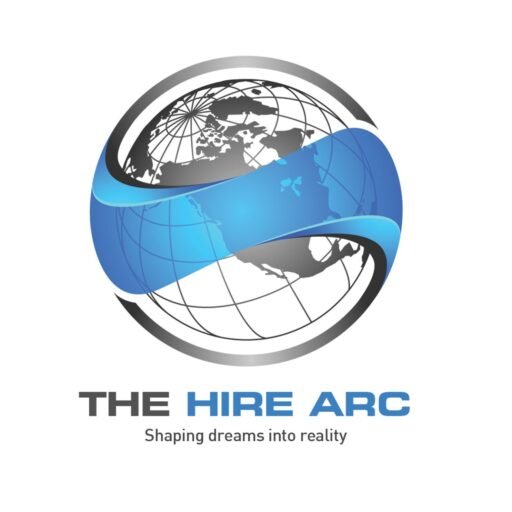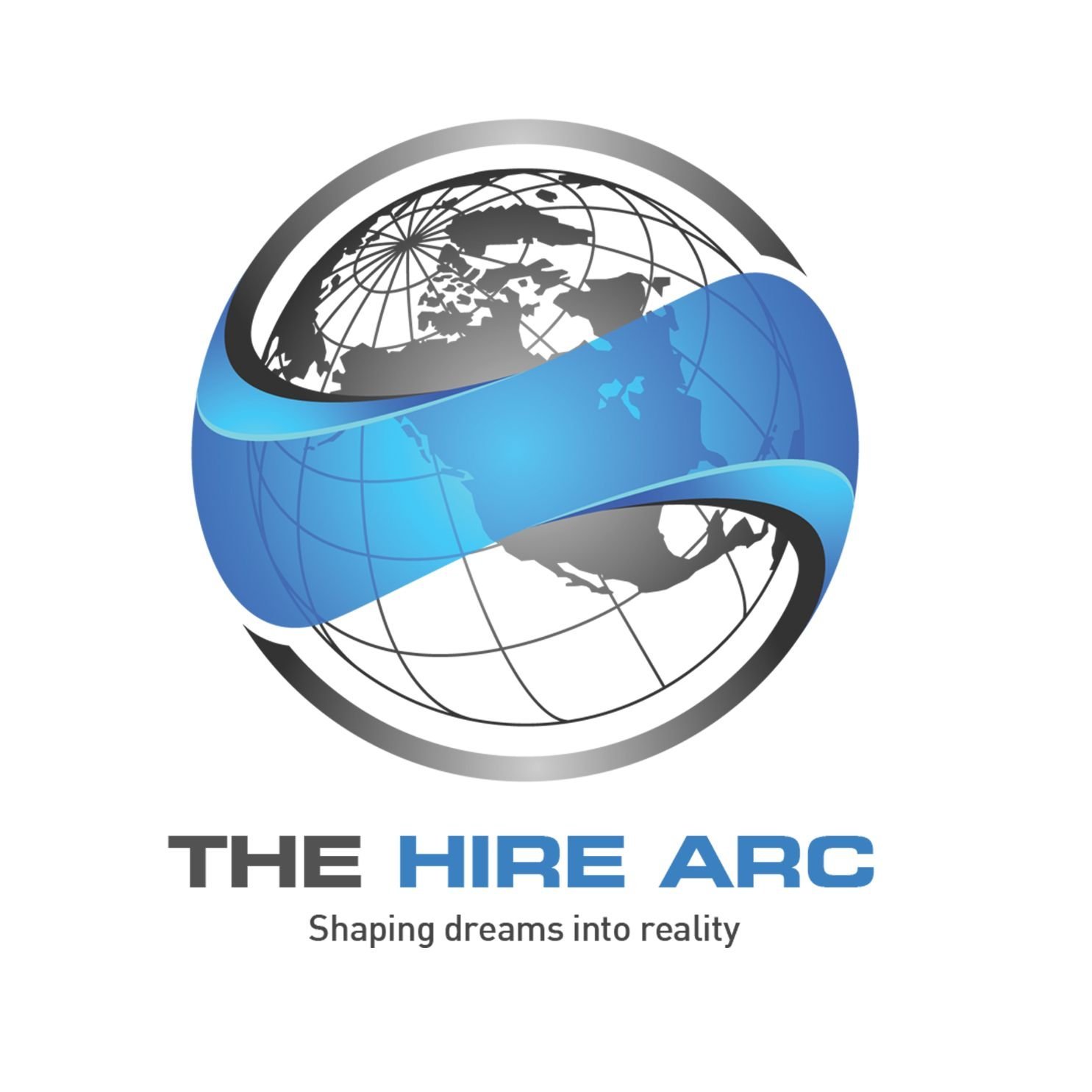Ending an interview professionally is just as important as preparing for it. How you conclude a self-introduction, ask final questions, and provide or receive interview feedback can leave a lasting impression on the interviewer and improve your chances of success.
Whether you’re a student, professional, or MBA candidate, mastering how to end an interview ensures that you appear confident, prepared, and engaged. This guide covers:
- How to end an interview or self-introduction effectively
- Sample interview feedback for candidates
- Questions to ask at the end of an interview
- Best practices for giving and receiving feedback
- Common mistakes to avoid
We’ll also provide interview feedback samples and explain why a strong conclusion is crucial for a professional impression.
Why the Conclusion of an Interview Matters
The final moments of an interview are often remembered more than you think. A well-thought-out conclusion:
- Shows professionalism and confidence
- Reinforces your interest in the role
- Highlights your communication and interpersonal skills
- Provides an opportunity to ask thoughtful questions
Many interviewers view the conclusion of an interview as a way to assess soft skills such as confidence, clarity of thought, and professionalism. Candidates who end interviews gracefully are more likely to leave a positive impression.
Pro Tip: Candidates preparing for interviews can benefit from learning and development services to improve public speaking, clarity in self-introduction, and overall communication skills.
How to End a Self-Introduction in an Interview
A self-introduction sets the tone for the interview. Ending it clearly and professionally ensures a smooth transition to questions.
Tips to End Your Introduction
- Summarise Key Points
Briefly highlight your skills, experience, or achievements.
- Example: “I have three years of experience in marketing and have led multiple successful campaigns. I am excited to bring my expertise to your team.”
- Express Interest in the Role
Show enthusiasm for the opportunity.
- Example: “I am particularly interested in your company’s innovative approach to digital marketing and hope to contribute effectively.”
- Invite Questions
Transition naturally to the interviewer’s questions.
- Example: “I’d be happy to elaborate on any of these points as we proceed with the interview.”
Ending your self-introduction effectively demonstrates clarity, professionalism, and preparedness, which are qualities recruiters look for.
How to End an Interview Professionally
Ending the interview is your chance to leave a lasting impression. Here are strategies to conclude an interview gracefully:
- Express Gratitude
Thank the interviewer for their time.
- Example: “Thank you for taking the time to speak with me today. I appreciate the opportunity.”
- Summarise Your Fit
Restate why you are a strong match for the role.
- Example: “With my experience in project management and my skills in team coordination, I believe I can contribute effectively to your upcoming initiatives.”
- Ask Final Questions
Show curiosity about the role, team, or company culture.
- Example: “Could you share what a typical day looks like for this role?”
- Confirm Next Steps
Understand the hiring timeline and follow-up process.
- Example: “I’d love to know what the next steps in the hiring process are.”
Candidates who follow these steps not only leave a professional impression but also gain clarity about the process, timelines, and expectations.
Questions to Ask at the End of an Interview
Asking the right questions demonstrates preparation and interest. Examples include:
- “What qualities make someone successful in this role?”
- “Can you describe the team I’d be working with?”
- “How does the company support employee growth and learning?”
- “What are the next steps in the interview process?”
These questions also give insight into company culture and expectations, helping candidates make informed decisions.
Providing Interview Feedback
Feedback is crucial for candidates to improve their skills. Recruiters and HR teams should provide constructive feedback after interviews to help candidates grow.
Interview Feedback for Candidates
Sample feedback after an interview:
- “We appreciate your interest in the role. Your experience in project management is impressive, but we were looking for someone with deeper expertise in agile methodologies. We encourage you to apply again in the future.”
Interview Feedback Form Sample
| Field | Description |
| Candidate Name | ________ |
| Position Interviewed For | ________ |
| Strengths | ________ |
| Areas for Improvement | ________ |
| Overall Recommendation | ________ |
Structured forms make feedback consistent and actionable. Organisations can also leverage HR shared services to streamline the feedback process.
Mistakes to Avoid When Ending an Interview
Many candidates unknowingly undermine their interview by making common mistakes:
- Leaving without asking questions
- Failing to thank the interviewer
- Giving vague or generic closing statements
- Forgetting to confirm next steps
Avoiding these mistakes ensures a professional and memorable conclusion.
How to Conclude Your Self-Introduction
The self-introduction is your first impression. Ending it correctly sets a positive tone for the rest of the interview.
Best Practices:
- Keep it concise (60–90 seconds)
- Highlight relevant achievements or experience.
- End with a statement showing enthusiasm and openness to question.s
Example:
“I have three years of experience in sales and have consistently exceeded targets. I’m particularly passionate about client engagement and look forward to contributing my skills here. I’d be happy to answer any questions you may have.”
Conclusion
Ending an interview professionally is essential to leave a lasting impression. Mastering how to conclude self-introduction, ask thoughtful questions, and provide or receive structured interview feedback sets candidates apart.At TheHireArc, we help candidates and employers streamline the interview process with learning and development, HR shared services, and corporate compliance services to ensure professional and effective interviews.
Additional Tips for Interview Success
- Prepare a Closing Statement: Have a concise summary of your strengths ready.
- Practice Active Listening: Reflect on questions and show understanding.
- Leverage Development Services: Improve weak areas like public speaking or confidence through learning and development services.
- Follow-Up: Send a thank-you email reiterating your interest and appreciation.
These steps ensure a strong impression from start to finish.
FAQs About Ending an Interview
1. How to end an interview politely?
Express gratitude, summarise your fit, ask thoughtful questions, and confirm next steps.
2. How to conclude a self-introduction in an interview?
Summarise key points, show interest in the role, and invite questions.
3. What questions should I ask at the end of an interview?
Ask about team structure, success metrics, company growth, and next steps.
4. How to provide interview feedback for a candidate?
Offer constructive, honest, and timely feedback using structured forms.
5. Why is interview feedback important?
It helps candidates improve, maintains a positive employer brand, and strengthens the hiring process.
- Insightful Questions to Ask Hiring Managers During Interviews - November 9, 2025
- Recruitment Challenges: What You Must Know in 2025 - November 9, 2025
- Recruitment Metrics and KPIs: The Complete 2025 Guide for Indian Recruiters - November 9, 2025


